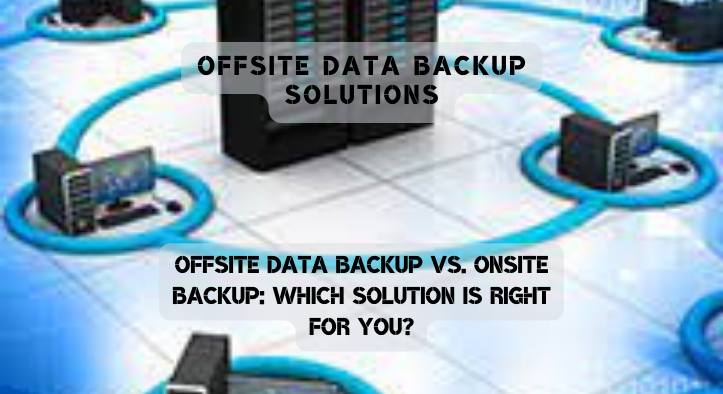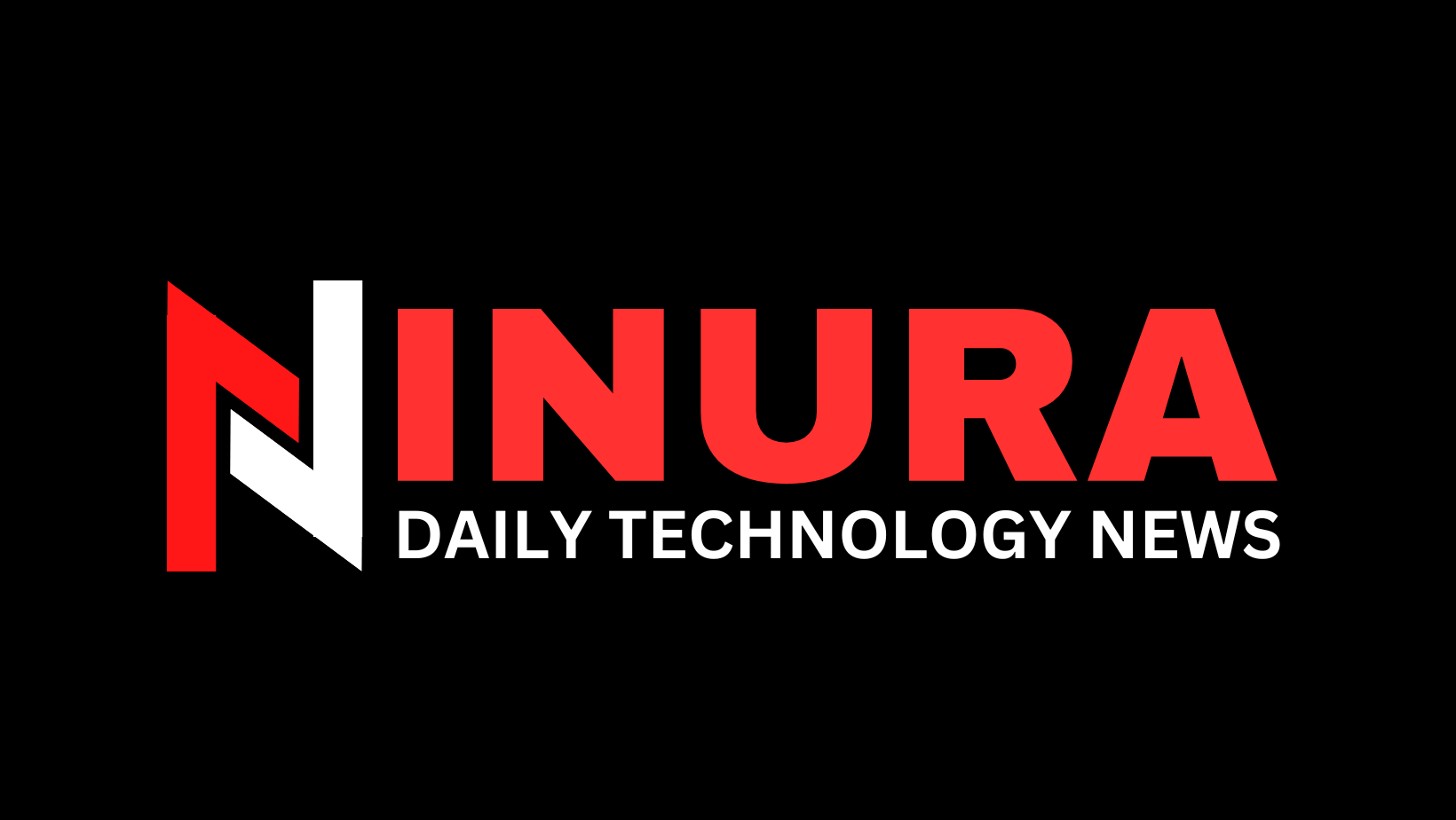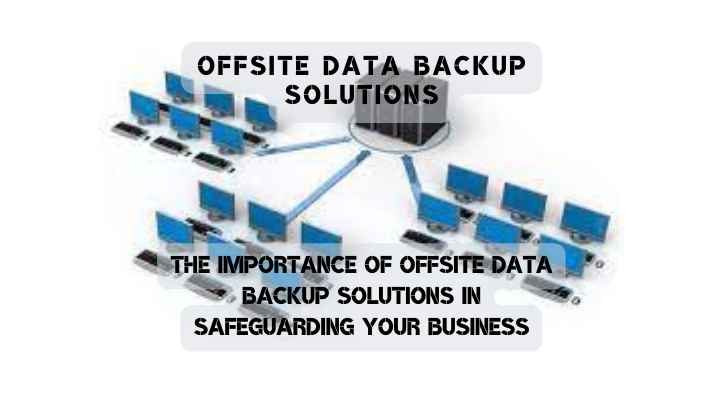Offsite Data Backup vs. Onsite Backup: Which Solution is Right for You?

Offsite Data Backup vs. Onsite Backup: Which Solution is Right for You?
Data backup is an essential part of any business’s IT infrastructure. It ensures that important information is not lost in the event of a disaster or system failure. There are two main types of data backup solutions: offsite and onsite. Each has its own advantages and disadvantages, so it’s important to understand the differences between them before deciding which one is right for your business.
What is Offsite Data Backup?
Offsite data backup is a type of data backup solution that stores data in a remote location. This could be a cloud-based storage system, a physical server located in a different location, or a combination of both. The main advantage of offsite data backup is that it provides an extra layer of protection against data loss due to natural disasters, theft, or other unforeseen events.
What is Onsite Data Backup?
Onsite data backup is a type of data backup solution that stores data on a physical server located on the premises of the business. This type of data backup is typically used for smaller businesses that don’t have the resources to invest in an offsite solution. The main advantage of onsite data backup is that it provides quick access to data in the event of a system failure or other emergency.
Pros and Cons of Offsite Data Backup
- Pros:
- Provides an extra layer of protection against data loss due to natural disasters, theft, or other unforeseen events.
- Data is stored in a secure, remote location.
- Data can be accessed from anywhere with an internet connection.
- Cons:
- Can be expensive to set up and maintain.
- Data transfer speeds can be slow.
- Data is vulnerable to cyberattacks.
Pros and Cons of Onsite Data Backup
- Pros:
- Data is stored on a physical server located on the premises of the business.
- Data can be accessed quickly in the event of a system failure or other emergency.
- Cost-effective solution for smaller businesses.
- Cons:
- Data is vulnerable to physical damage or theft.
- Data is not protected against natural disasters.
- Data is not accessible from outside the premises.
Which Solution is Right for You?
The decision of which data backup solution is right for your business depends on a variety of factors, including budget, data security needs, and access requirements. For larger businesses with sensitive data, an offsite data backup solution is typically the best option. It provides an extra layer of protection against data loss due to natural disasters, theft, or other unforeseen events. For smaller businesses with less sensitive data, an onsite data backup solution may be more cost-effective and provide quick access to data in the event of a system failure or other emergency.
Conclusion
Data backup is an essential part of any business’s IT infrastructure. Offsite and onsite data backup solutions each have their own advantages and disadvantages, so it’s important to understand the differences between them before deciding which one is right for your business. Offsite data backup provides an extra layer of protection against data loss due to natural disasters, theft, or other unforeseen events, while onsite data backup is a cost-effective solution for smaller businesses with less sensitive data. Ultimately, the decision of which data backup solution is right for your business depends on a variety of factors, including budget, data security needs, and access requirements.

